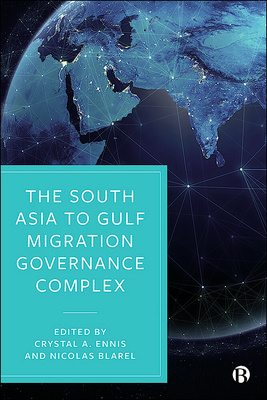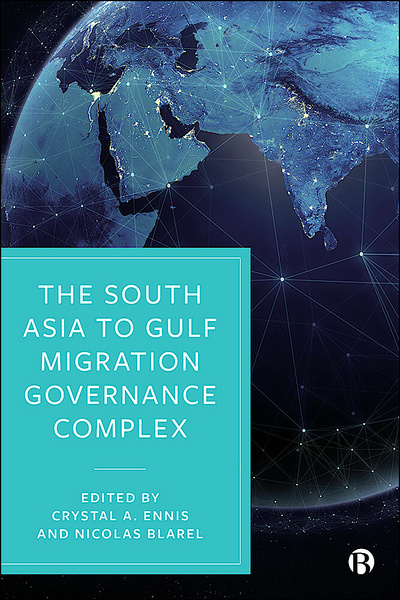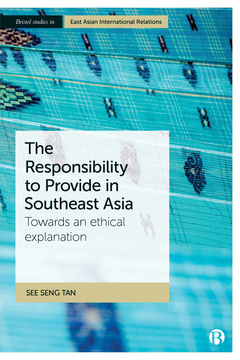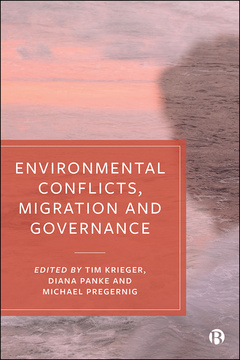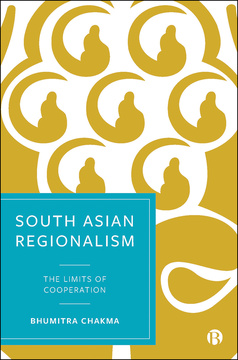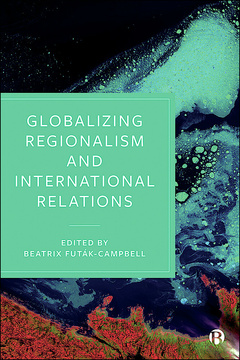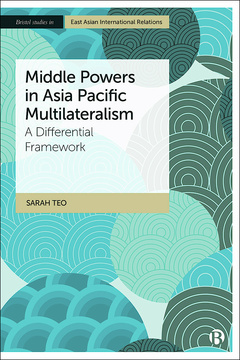The South Asia to Gulf Migration Governance Complex
Edited by Crystal A. Ennis and Nicolas Blarel
Published
30 May 2022Page count
236 pagesISBN
978-1529221497Dimensions
234 x 156 mmImprint
Bristol University PressPublished
30 May 2022Page count
236 pagesISBN
978-1529221510Dimensions
234 x 156 mmImprint
Bristol University PressEPDF and EPUB available Open Access under CC-BY-NC-ND licence.
The Gulf is a major global destination for migrant workers, with a majority of these workers coming from South Asia. In this book, a team of international contributors examine the often-overlooked complex governance of this migration corridor.
Going beyond state-centric analysis, the contributors present a multi-layered account of the ‘migration governance complex.’ They offer insights not only into the actors involved in the different components of migration governance, but also into the varying ways of interpreting and explaining the meaning and value of these interactions. Together, they enable readers to better understand migration in this important region, while also providing a model for analyzing global migration governance in practice in different parts of the world.
“This is an important collection of studies by experts on the largest migration network in the Global South. Essential reading for anyone interested in contemporary migration between the Gulf and South Asia and its governance.” Omar AlShehabi, University of British Columbia
“A timely publication that significantly enhances understanding of multi-layered and overlapping labour migration governance and the ensuing challenges, especially in the context of South to West Asian corridors.” Ibrahima Amadou Dia, Norwegian University of Science and Technology
“Based on rich empirical insights and innovative theoretical conceptualizations, this book is a quintessential collection of studies to understand the intricacies of inter-regional migration governance and the gendered, informal, multi-level, and contested relationship between policies, processes, and their outcomes.” Daniel Naujoks, Columbia University
Crystal A. Ennis is University Lecturer of Political Economy at the Institute for Area Studies, Leiden University.
Nicolas Blarel is Associate Professor of International Relations at the Institute of Political Science, Leiden University.
Part I: Introduction
1. Mapping and Theorizing Migration Governance: Insights From the South-to-West Asian Migration Corridor
Nicolas Blarel and Crystal A. Ennis
Part II: Levels and Forms of Migration Governance
2. Gendered Mobility and Multi-Scalar Governance Models: Exploring the Case of Nurse Migration From India to the Gulf
Margaret Walton-Roberts, S Irudaya Rajan, and Jolin Joseph
3. Understanding Irregularity in Legal Frameworks of National, Bilateral, Regional, and Global Migration Governance: The Nepal to Gulf Migration Corridor
Anurag Devkota
4. State and Non-State Actors in Subnational Migration Governance from Andhra Pradesh and Kerala to the Gulf: A Comparative Study
C.S. Akhil and Aarathi Ganga
Part III: Private Authorities and Transnational Actors
5. Two Bad Places at Once: Pakistani Labour Migrants and the Transnational Recruitment Industry to the Gulf
Zahra Babar
6. “We Sent Our Sons across the Seven Rivers”: Tracing the Migratory Network and the Risky Migration of Bangladeshi Fishermen to Oman
Marie Percot
Part IV: Contestation and Absences in Migration Governance
7. Contested Governance and Sovereignty in the Kerala-Dubai Migration Corridor
Crystal A. Ennis, and Nicolas Blarel
8. Kafala and Social Reproduction: Migration Governance Regimes and Labour Relations in the Gulf
Faisal Hamadah
9. Invisiblized Migration, Unaccounted Work: The Governance of Women’s Migration for Paid Domestic Work From Nepal and Sri Lanka to the Gulf
Neha Wadhawan
Part V: Conclusion
10. Bottom-up Politics of Labour Migration: Perspectives From the South-to-West Asia Corridor for a More Inclusive Governance
M. Stella Morgana







